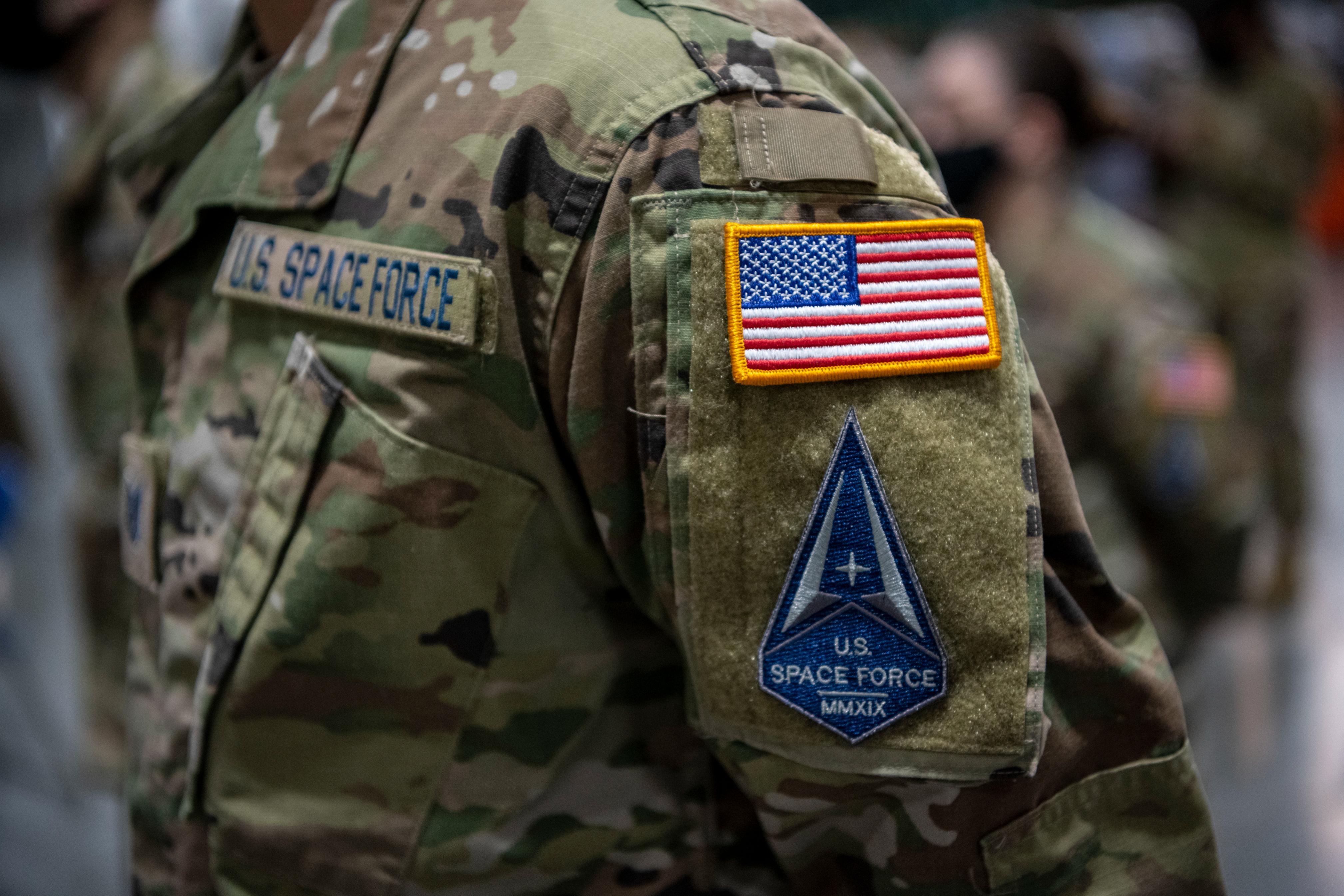At the 39th Space Symposium in Colorado Springs, U.S. Space Command officials expressed concern over China’s swift advancements in space capabilities, marking a formidable challenge to the United States’ longstanding dominance in the final frontier. According to Gen. Stephen Whiting, commander of U.S. Space Command, China has dramatically accelerated its space efforts, tripling its on-orbit intelligence, surveillance, and reconnaissance satellites since 2018. These advancements have enabled China to establish a comprehensive network capable of targeting U.S. and allied military assets in the Pacific.
China’s strides in space include the development of a range of counter-space weapons, spanning from reversible jamming techniques to kinetic hit-to-kill direct-ascent and co-orbital anti-satellite (ASAT) systems. This aggressive posture in space was underscored by China’s 2007 ASAT test, which destroyed a defunct weather satellite, creating a debris field that continues to pose hazards in orbit.
Echoing the urgency of the situation, Troy Meink, principal deputy director of the National Reconnaissance Office, stressed that the era of uncontested U.S. leadership in space and space technology is being directly challenged. In response, U.S. officials are advocating for innovation and diversification in the nation’s space capabilities. Heidi Shyu, U.S. Under Secretary of Defense for Research and Engineering, emphasized the necessity of developing more resilient and agile space systems, including radiation-hardened electronics and advancements in propulsion technologies.
Amid these developments, U.S. Space Command is seeking to bolster its position through international collaboration. Operation Olympic Defender, a U.S.-led initiative designed to enhance space defenses and deter aggression, has extended invitations to Germany, France, and New Zealand to join existing members England, Australia, and Canada. This move underscores the command’s commitment to safeguarding space as a domain of peaceful exploration and operation.
As U.S. Space Command gears up for a future where space may become a contested domain, it aims to ensure readiness by 2027, integrating commercial space innovations and focusing on dynamic space operations. The establishment of the Capability Assessment and Validation Environment (CAVE), a modeling and simulation laboratory, represents a step forward in planning for scenarios in a domain where warfare has yet to occur — and is fervently hoped to be avoided.
Expanded Coverage:









